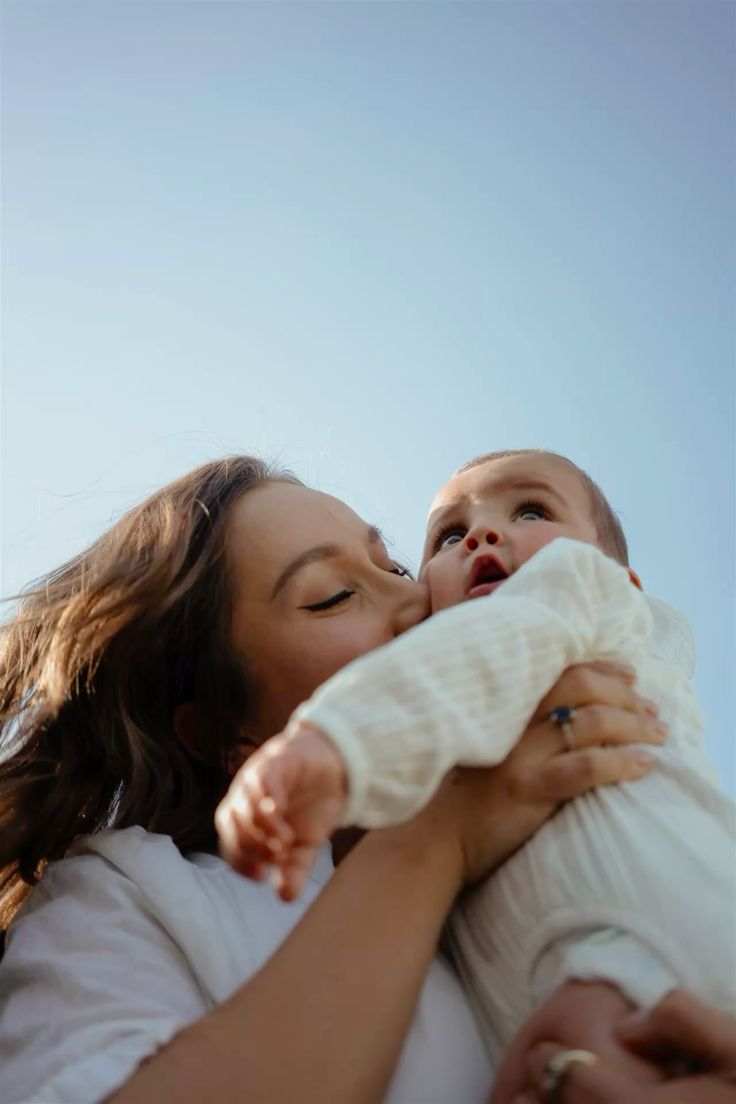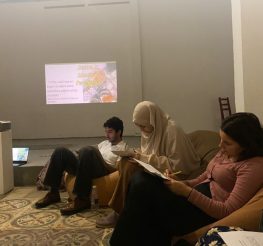Child Fosterage in Egypt: The Ultimate Guide to the Kafalah Journey from First Click to First Hug
Alternative Family Care System in Egypt Ehtdan in Egypt Kafalah in Egypt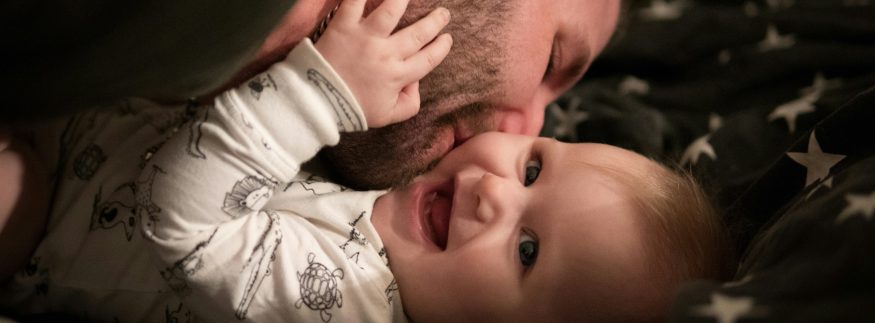
Assmaa Rady
Have you ever considered what it would be like to help a child in need by providing them with a life full of love and care? Have you thought about fostering a child to give them the nurturing they deserve? Kafalah (child fostering) is not an easy decision, nor does it come with simple steps, but it can be life-changing.
Much like natural pregnancy, kafalah is a long and sometimes exhausting journey that ultimately culminates in a life-altering embrace. That simple hug has the power to change both the child’s life and yours. If you have space in your heart and life for a child who needs safety and support, this journey could be the key to a brighter and more fulfilling life for both you and the child.
In this guide, the Cairo 360 team has compiled and explained all the necessary information and steps to help you embark on this journey. We will help you get started by detailing each step and sharing emotional stories from families who made the decision to change a child’s life, ultimately transforming their own lives as well.
Dr. Maya Morsy on the Egyptian Kafalah System
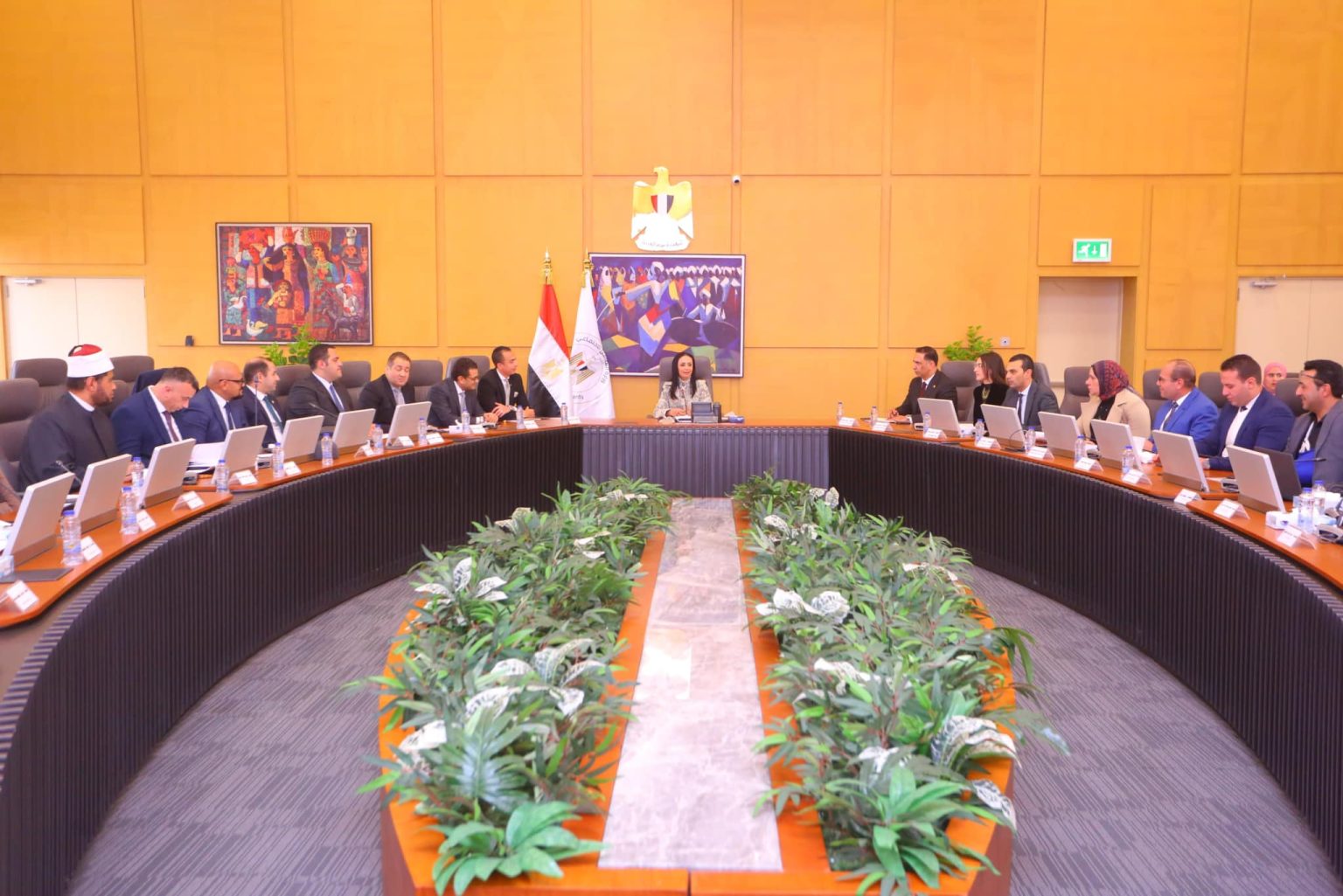
Image via MoSS
In February, Dr Maya Morsy, the Minister of Social Solidarity, led a meeting for the Supreme Committee for Alternative Families to discuss the kafalah process in Egypt. Dr Maya emphasised her hands-on involvement, personally attending interviews with families interested in fostering children. She carefully listens to their motivations, assesses their ability to provide a safe and dignified environment, and ensures that each family is genuinely committed to the well-being of the child.
What is the Kafalah System in Egypt
During the same meeting, Dr Maya explained the kafalah system, also known as the alternative family system. Established in 1959, the kafalah system aims to integrate children who lack family care, especially those of unknown parentage (Karemy ElNasb), into corresponding qualified households. Families are selected based on clear criteria to ensure they are suitable and sincere, free from exploitation and self-interest.
MOSS’ Kafalah System: Preparing Families and Protecting Children
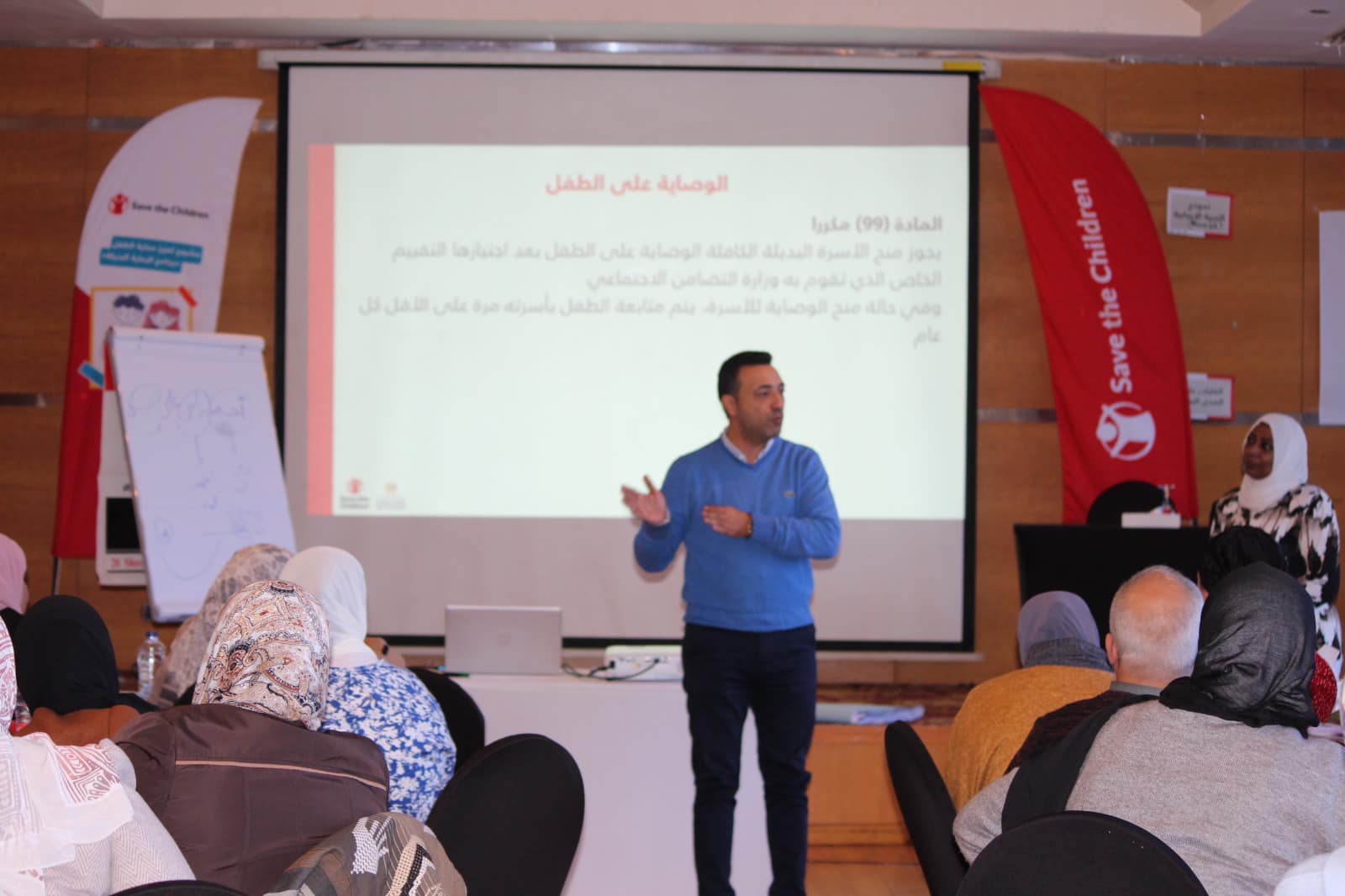
Image via MoSS
The ministry also evaluates whether families understand the kafalah concept and are psychologically prepared for the challenges that may arise regarding the child’s identity. This part includes thorough interviews and psychological consultations. To further support these families, the ministry provides specialised training and has streamlined the application process online. A dedicated hotline (16439) and regular follow-ups by local social solidarity directorates ensure that the welfare of all sponsored children is maintained.
The primary goal of the alternative family system is to create nurturing home environments that meet children’s emotional, mental, educational, and social needs. As of January 2025, 12,323 children have been placed with 12,094 foster families across Egypt, showcasing significant growth in the programme.
What Any Family Needs to Provide Kafalah in Egypt
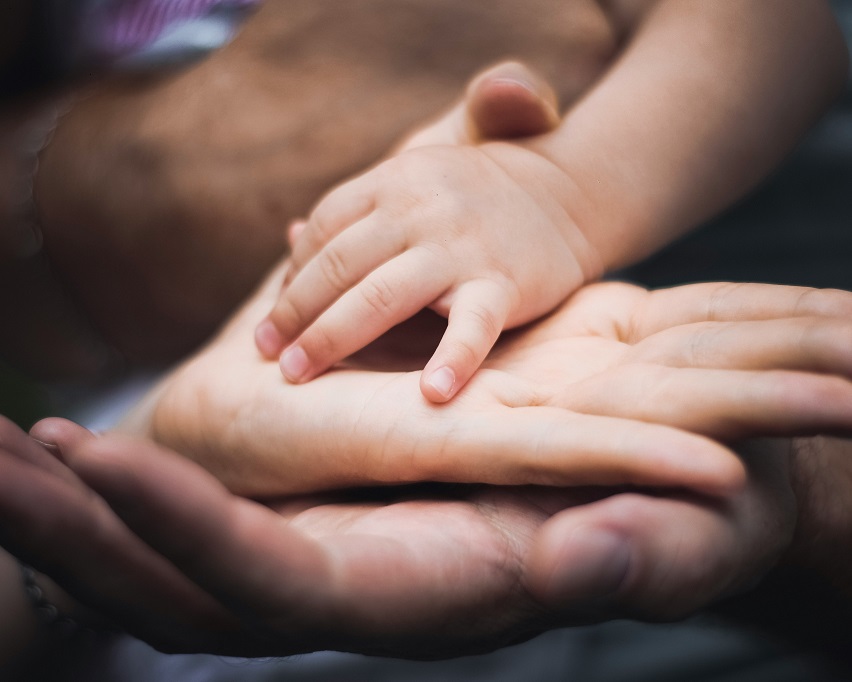
Suppose your family is ready to begin the kafalah journey. In that case, there are a few mandatory requirements that the family must meet to ensure the process is legal, ethical, and in the child’s best interest. The requirements are as follows;
- Child’s Identity in the Kafalah System: , which means the alternative family cannot claim the child as biologically theirs or severe the child’s ties to the biological family.
- Nationality and Age: The first basic requirement is that the family must consist of a socially and morally mature married couple. The couple must be Egyptian and aged between 21 and 60 years old. However, there are exceptions to the nationality requirement, such as when one partner is Egyptian, and age, provided that the social investigation by the committee confirms the couple’s suitability.
- Education Requirements: The applicant couple must have at least a high school education, specifically the thanaweya amma That requirement is subject to some exceptions from the ministry, based on the results of the social investigation.
- Financial Aspects: The family’s income must be sufficient to cover the needs of the child alongside their own. They must pledge to treat and provide for the fostered child equally, just as they would any other family member.
- Living Conditions: The family must be financially, socially, psychologically, and physically capable of providing a stable environment for a child. They must live in an accessible area for schools, hospitals, and places of worship, in addition to having a home that meets the basic health and safety standards.
- Single Women: In some cases, single women are also eligible for kafalah if deemed suitable and deserving by the social investigation. This rule extends to widows, divorcees, and unmarried women over 30.
- Mandatory Cooperation: The approved family must be in full and constant collaboration with the representatives of the Ministry of Social Solidarity, which is compulsory throughout the process and during follow-ups professionally and confidentially.
- MOSS’ Training and Consultations: The last requirement for the family is that they must attend a mandatory training course, organised by the ministry, to guarantee the family’s capability of providing appropriate care.
A Step-By-Step: From the First Click to the First Hug
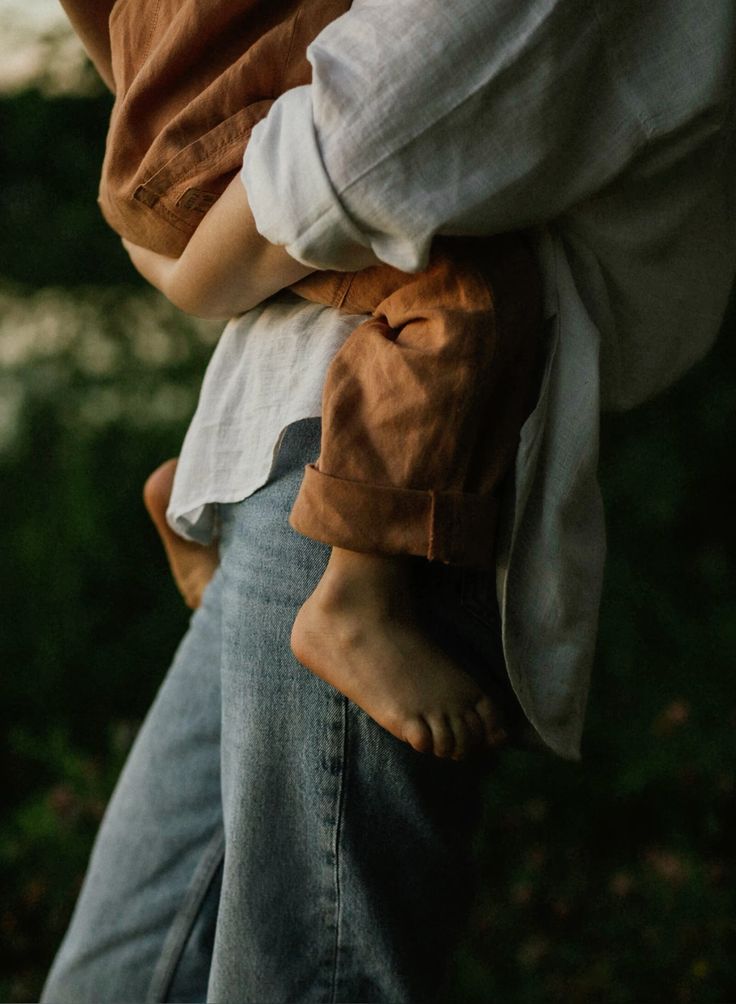
If your heart is set on embracing a child and transforming their life, the journey starts with a very simple step.
Step 1: Submit the Application
You can apply for kafalah through the Ministry of Social Solidarity’s official website. Once you submit the application, it is forwarded to the relevant regional directorate or NGO for review. Follow this link for the kafalah application.
Step 2: Home Visit and Social Investigation
A social worker will contact you for a home visit and social investigation, during which your eligibility will be assessed based on the previous conditions. An official file will be prepared, including all the required documents and a status report. The local committee, led by the director of the social solidarity office in your region, reviews the file for alternative care.
Step 3: Approval and Child Placement
If the committee approves the application and status report, a child is given to the alternative family from one of the maternity and childhood centres affiliated with the Ministry of Health and Population. Then, a legal contract for care is signed between the alternative family and the authority handling the child’s welfare. The contract also requires the signatures of two legal guarantors.
FAQs
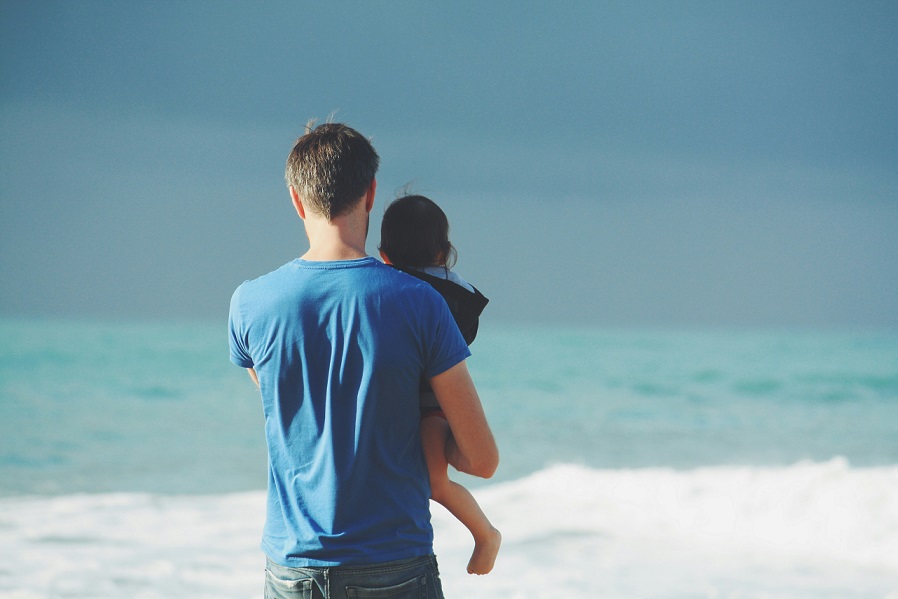
Can the child’s name be changed?
Yes, when the alternative family takes on the child in their care, the original birth certificate includes a full name. Egyptian law permits the alternative family to select a new first name for the child. This typically occurs after the kafalah process is finalised and they have obtained authorisation to change it as they prefer. There is also an option to change the child’s father’s name or the family surname, except the grandfather’s name, to avoid having the same name or identity as someone else. This also serves to protect the child’s privacy and social standing. The entire procedure is conducted through the Civil Registry Office, following the signing of the kafalah contract and obtaining authorisation from the Ministry of Social Solidarity to obtain the new birth certificate within six weeks.
Will the child know they’re sponsored?
Yes. Experts recommend telling the child in a sensitive, age-appropriate way to help them build a healthy identity.
Can I travel abroad with the child?
Yes, but only after obtaining specific authorisations and documents can the child travel abroad with their alternative family.
Can I withdraw the Kafalah later?
Legally, yes. However, this action is strongly discouraged as it will cause the child deep psychological harm.
What documents do I need?
- Copies of the national IDs of the husband and wife
- A copy of the marriage contract, the divorce certificate, or the partner’s death certificate, depending on what applies
- A new police clearance certificate, criminal record
- A copy of the educational qualification
- A recent medical report, with evidence of freedom from Hepatitis B & C
- Documents that prove the data in the kafalah application, such as: children’s birth certificates (if any), proof of any income or retirement pension, records of property, utility bills (especially electricity) or the contract of home rental/ ownership
Are there other resources available to help me on my kafalah journey?
Yes, many resources offer help and support for the kafalah journey in Egypt. FACE Foundation provides reliable, professional support and awareness material. There are also a few Facebook groups for shared experiences and peer support, such as Kafalah, Yalla Kafalah, and El-Ehtdan Fe Misr. And if you love a good read, we recommend the book series by Sumaya Hazem Raafat about kafalah, especially the one titled, Agmal Hedya: Qesa 3an El Tabany. The series is available in many bookstores across Cairo.
If you have any further questions, please contact the hotline at 16439.
Touching Stories and Real-Life Tips & Tricks
Nine Months of Love, Waiting, and Paperwork
Amin and his wife decided to take this step and shared their experience:
“The process took about nine months from paperwork, interviews, and back-and-forth visits, but it was worth it. Every day felt like a test of patience. However, eventually, you welcome a child who changes your life.”
What touched Amin the most was the mandatory 4-day training workshop:
“We learned a lot about child psychology and how to explain the kafalah to the child at the right time and in the right way. Kafalah isn’t just a responsibility, it’s a message of love that leaves an impact on the child and you.”
Menna Shoman: A Kafalah Mom and An Inspiring Role Model
Menna Shoman, one of many mothers who chose the road of kafalah, is now an inspiration and tremendous support to many embarking on the same journey. Shoman had dreamed of kafalah for over eight years. At the time, the law didn’t allow unmarried women to sponsor, but when it changed, she felt it was a sign from God.
She began reading and asking questions, getting closer to the cause and realising how much these children need families. “A child needs to hear ‘mama’ and be hugged to sleep, especially in their first three years, when their personality forms. Even the best fosterage institutions can’t replace a mother’s embrace.”
For Menna, the nine-month process felt like pregnancy: “I got my child exactly 40 weeks after applying. It was emotional preparation, just like for a biological child. That’s how the state ensures you’re serious and that the alternative family would not give up on the child.”
For her, the 4-day workshop was a turning point, covering every aspect, from religious and psychological topics to legal issues, in addition to answering all the participants’ questions. She emphasised the professionalism of the workshop, noting that the trainers were well-versed in their roles.
She continues, “My security check was delayed, and I was upset. Later, I realised the child I’d be sponsoring hadn’t been born yet. If the delay hadn’t happened, I would’ve received a different child. It was fate.”
Menna was also very honest about the challenges: “I was 37 when I got a 4-month-old baby. That’s a huge life shift after living for 37 years without a child that needs strong psychological preparation.”
Additionally, not all schools are yet welcoming of the kafalah idea and may reject the child based solely on that. “Raising a child is not just about giving hugs and love; there are many sleepless nights and difficult decisions. However, the moments of pure love and joy make it all worth the effort.”
A tip from Menna is never to be alone. For anyone looking to embark on the kafalah journey, consider joining the Facebook groups mentioned earlier. These groups provide valuable information, share others’ experiences, and offer wide support, making it a challenging but enriching journey.
Aya’s Story: “He Lit Up My Life”
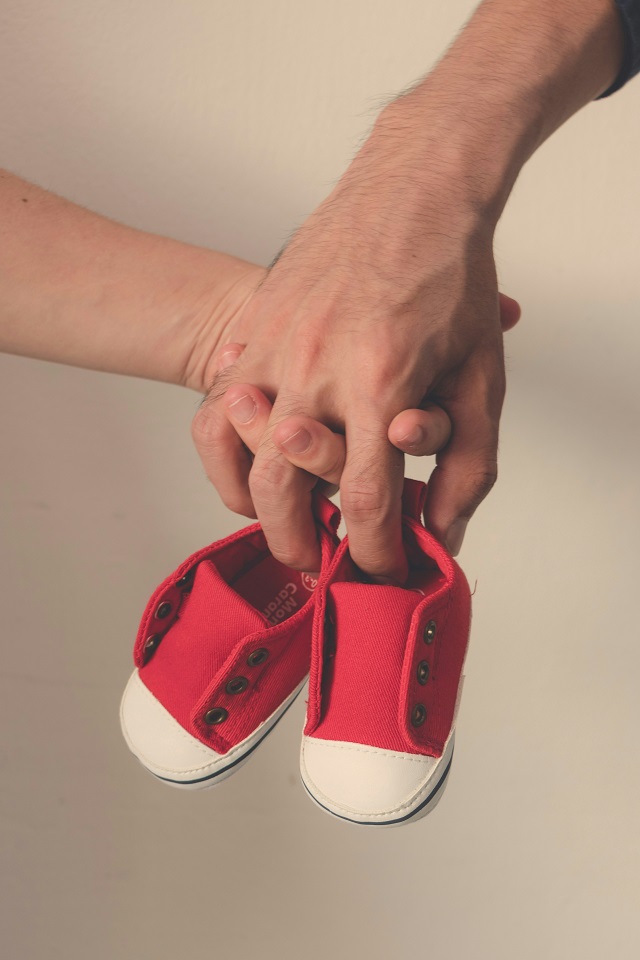
Aya, an Egyptian mother, decided to take the Kafalah step with her husband. “I was proud of how professional and dignified the Egyptian system is. In the West, adoption might take days, but here we take slower, more precise steps to match children with the best families.”
She gives the experience a 9/10: “I expected complete mundane bureaucracy, but every step had a purpose, from the medical checks to home visits and investigations to ensure the safety and stability of the house. It’s not just about wealth or poverty, it’s about giving a child a decent, stable, and safe life.”
That’s why Aya prefers the word Ehtdan to Kafalah, as Ehtdan “has a lot more warmth, as we hug and embrace the child with our home, our hearts, and all of our feelings.” Ehtdan is often seen as the more convenient term for this type of Kafalah, as you’re not only sponsoring the child from afar, but you’re embracing that child into your home and life. As every Ehtdan includes Kafalah, but not every Kafalah can be considered as Ehtdan.
Aya emphasises a critical point for anyone thinking about going for kafalah: “There are some families that take on the child, but when faced with the inevitable challenges, they return the child. This psychologically breaks the child; that’s why at the workshop, we learn how and when to explain kafalah to the children without breaking their trust in us.”
She also adds, “All the kafalah steps are free, except for minor expenses like drug tests and basic medical tests. As kafalah is not buying a child, it’s opening your home and heart to them.”
The workshop is not just for kafalah, in Aya’s point of view, “The workshop teaches you about parenting in any situation, as it takes the topic on a very comprehensive level, and helps the parents be informed, prepared, and ready. Whoever attends, interacts, and takes it seriously will leave with full knowledge and awareness of what’s coming, in addition to the qualifying certificate.”
She continues: “I went through every feeling throughout the journey, fear, joy, anxiety, but eventually I realised that it’s just like how real pregnancy takes 9 months for the mother to be prepared, kafalah takes its time, which is all in the child’s best interest.”
“If the child turns out to be good, it’s because you raised him well; if not, that’s also on you. The child has to know from early on about the kafalah, and not randomly hear it in some fight!”
Aya closes her story with a smile and a heartfelt quote: “My son lit up my life, and I pray that we’re the source of light in his life too. The normal place for any child is a home and family, not an orphanage.”
The End of the Journey is A New Beginning
Where the kafalah process ends is the beginning of a whole new life. Kafalah is not just a matter of paperwork and legal procedures; it’s a profoundly humane and meaningful journey. It begins with a decision, but continues with love and effort, transforming a child’s life and opening a new chapter for the whole family. Every child deserves a loving and safe home, and every heart that dreams of parenthood can fulfil this dream through kafalah.
recommended
 Cafés
Cafés
Bakeries in Maadi: 5 Spots for Winter Cravings and Baked Comfort
204 Bakery & Coffeehouse Bakeries in Maadi +6 City Life
City Life


